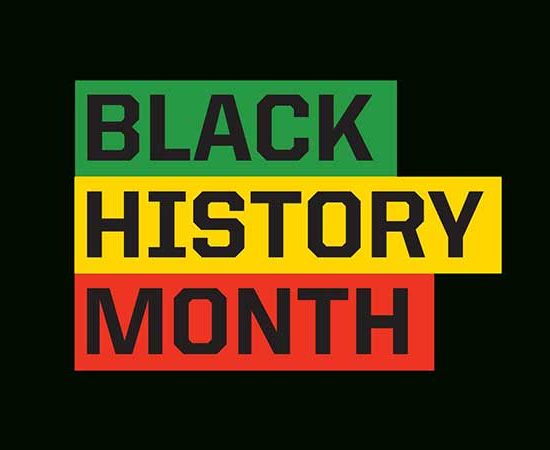The Origins of Black History Month

February 23, 2021
Black History Month is a time to recognize and celebrate achievements of honorary African American figures and the impactful role they played in the history of our nation.
The story of Black History Month started with Dr. Carter G. Woodson, the “Father of Black History.” Woodson believed that African Americans were not taught enough about their heritage and ancestry. Carter G. Woodson, the founder of the Association for the Study of African American Life and History (ASNLH), was very passionate about spreading awareness of all the achievements attained by African Americans. Woodson was also a praised historian, author, journalist and scholar. He had made tremendous strides and achievements for the African American community, and he has continued to influence people today.
Therefore, in 1926 he announced a press release stating his idea of Black History Month. However, it was not until after Woodson’s death in 1950 that Black History Month was officially celebrated in the United States. Later, in 1976, the shift from Black History Week to Black History Month transpired. As many schools and organizations embraced and supported this idea, the Association for the Study of African American Life and History expanded its branches all over the country.
Woodson’s idea behind celebrating Black History Month in February was because the birthdays of Abraham Lincoln and Frederick Douglass, two prominent figures in the history of African Americans, occurred during the month. Despite this tradition originating in the United States, many countries such as Canada and the United Kingdom have officially recognized Black History Month as well.
Dr. Carter G. Woodson’s honorary actions will continue to set an example of hope and courage for future generations. Black History Month is a remarkable time to remember all the important figures in our nation’s past, and how these figures will continue to impact and inspire our society.






























